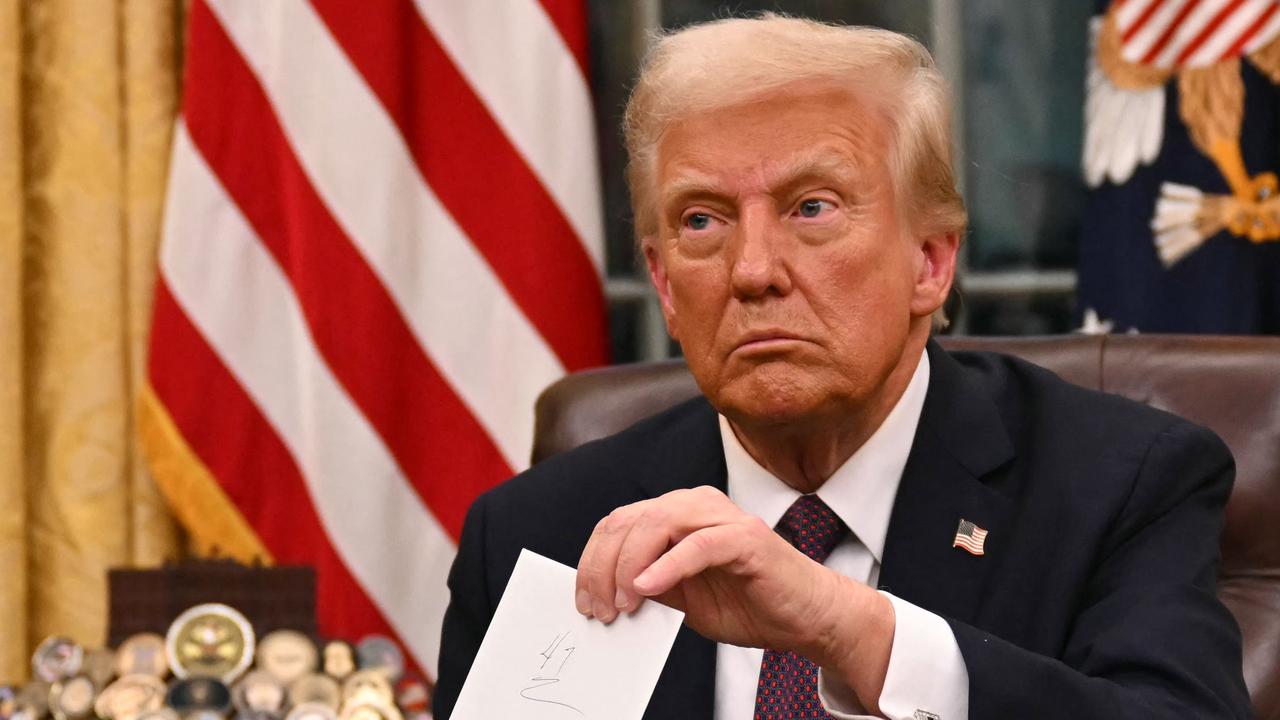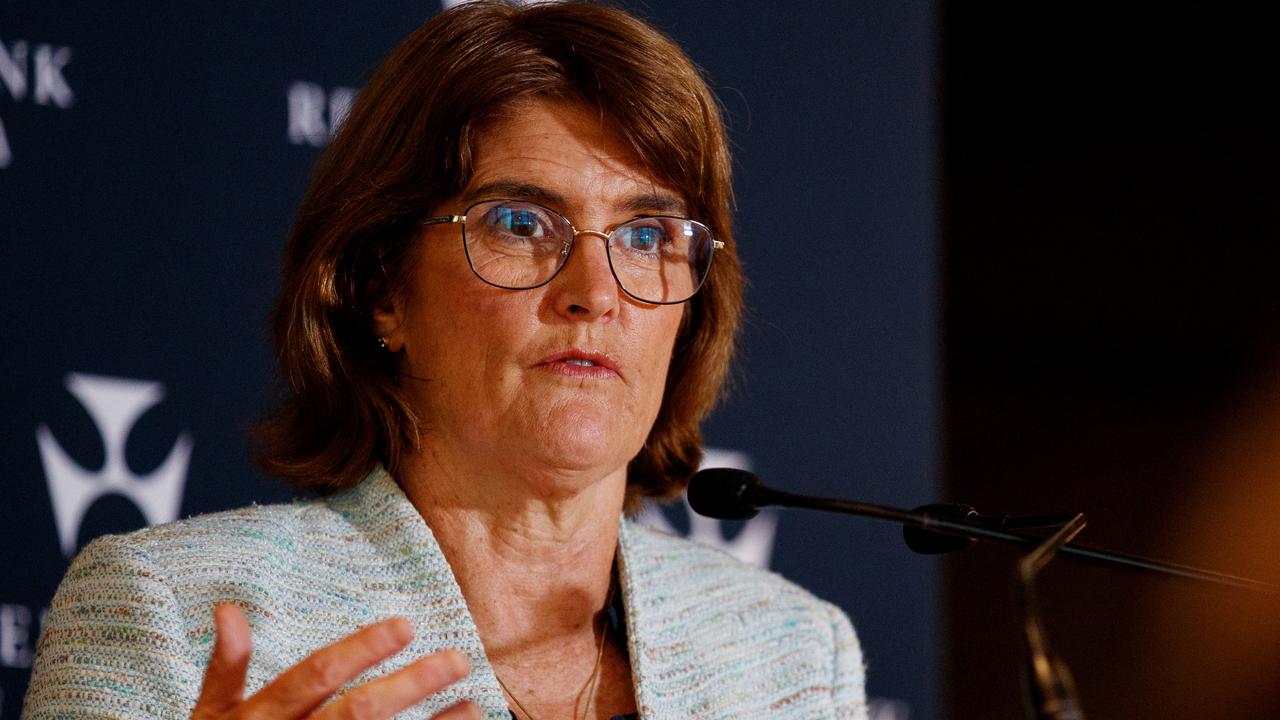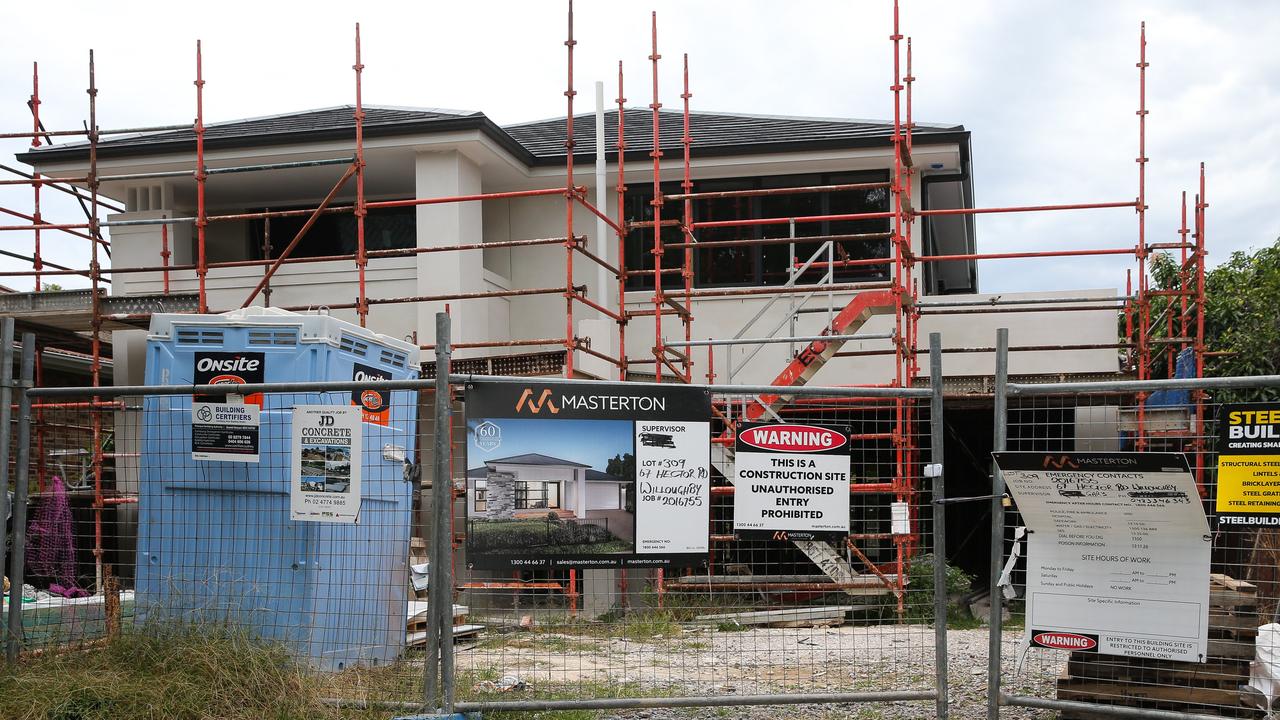RBA to leave rates on hold in September
THE RBA is tipped to leave the official cash rate on hold next week, as economists consider when rises will kick in.

No change in rates just yet - economists
THE Reserve Bank (RBA) is expected to leave interest rates unchanged next week, as economists consider when the central bank is likely to begin winding back large cuts made over the past year.
All 18 economists surveyed by AAP this week believe the RBA will decide on Tuesday to keep the cash rate at a 49-year low of 3 per cent for a fifth straight month.
While there was broad agreement that the RBA was finished cutting rates in this cycle, opinions differed on when and how quickly it will start removing the "emergency'' interest rate settings that have been in place since April this year.
Nomura Australia chief economist Stephen Roberts expects the first rate hike to come in May 2010.
Mr Roberts says the RBA would want to see the economy holding up well in the absence of government cash handouts to support consumer spending, with data revealing that situation not due to be published until the beginning of next year.
Moreover, ebbing inflation means there was "no pressing reason to start raising rates'' and the household sector was particularly vulnerable to higher interest rates after buyers flocked to the property market to take advantage of first home owner grants.
"It's going to take so long to get this first interest rate increase through,'' Mr Roberts said this week.
"It is not as easy as many people seem to suggest.''
However, economists at Citigroup and ICAP expect the RBA to deliver a 25 basis point interest rate rise in the December quarter of this year.
The debt futures contract market is currently pointing to first interest rate rise coming in November. The flood of RBA statements over the past month have all underlined the theme that Australia was faring better than expected in the face of the global recession.
How will a rise in interest rates impact you? Tell us below.
Governor Glenn Stevens told a parliamentary committee in August that "on the basis of the information to hand at present, this may well turn out to be one of the shallower recessions Australia has experienced''.
The RBA upgraded its growth forecasts to predict positive economic growth for calendar 2009 and 2010.
And the minutes of the August board meeting showed members had discussed the "timing and process'' of removing "some of the current expansionary policy setting''.
Sitting within the broad consensus is the Commonwealth Bank, which predicts the first rate hike will come in the March quarter of 2010.
CBA economist James McIntyre said the RBA would be content to sit tight next week as it waited for some key statistics to paint a clearer picture of the domestic economy.
"I think the RBA could comfortably still wait through the September meeting because there is the huge economic data flow coming in the first week or two of September, including the second quarter gross domestic product,'' Mr McIntyre said.
Mr McIntyre said there were two potential scenarios for the Australian economy over the rest of 2008. First, that there continues to be encouraging signs from the global economy, such as France and Germany emerging from recession and the pickup of growth in Asia.
"But there still remains, as a number of people, including as recently as last week Treasury Secretary Ken Henry pointing out, the potential for some form of second shockwave that could come through,'' Mr McIntyre said.
"We would see that probably the chances are that the more favourable outcome might be the one that sees the light of day.''
In depth: Read our top business and money stories
Updates: Check the latest share market movements
Blog: Follow our news.com.au/business Twitter blog



